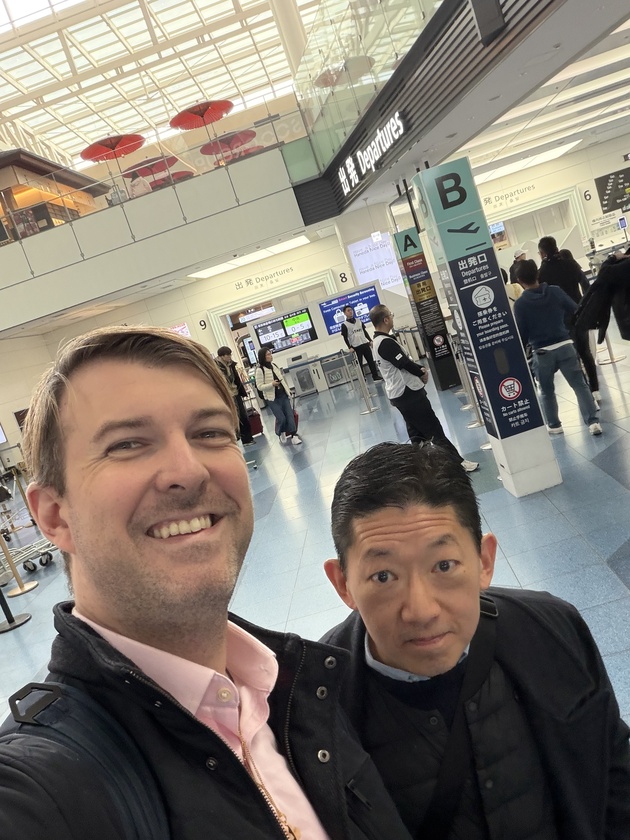Winston v. Lee (Medical Freedom Case Law Review)
“The reasonableness of surgical intrusions beneath the skin depends on a case-by-case approach, in which the individual's interests in privacy and security are weighed against society's interest “
Key Ruling: Even a prisoner has the right to be secure in his person and the search, in the form of a surgery, would be "unreasonable" under the Fourth Amendment.
Around 1 a.m. on July 18, 1982, Ralph Watkinson was locking up his shop when he saw a figure with a gun approaching him. Watkinson drew his own weapon, and the two fired at each other. Watkinson was hit in the legs, and the other shooter was wounded on his left side and managed to run away. About 20 minutes later, the police found Rudolph Lee, Jr., bleeding from his left side, eight blocks away from Watkinson’s shop. The police took Lee to the same hospital Watkinson was in, and Watkinson identified Lee as his shooter. Lee was charged with attempted robbery, malicious wounding, and two counts of using a firearm in the commission of a felony.
Virginia filed a motion in state court to compel Lee to submit to surgery to recover the bullet still lodged in his side. The court granted the motion based on testimony that the surgery would be relatively noninvasive and accomplished without use of general anesthetic. The Virginia Supreme Court denied the appeal. Lee sued in district court on the ground that the surgery constituted an illegal search under the Fourth Amendment. The court issued a preliminary injunction. After presenting evidence that the surgery would be much more serious than the court originally thought, Lee asked for a rehearing in the state court, which was denied. The Virginia Supreme Court affirmed. Lee brought the case back to the district court, which ruled against the surgery. The U.S. Court of Appeals for the Fourth Circuit affirmed before the Supreme Court granted review.
The Court held that below-the-skin surgery represented such an infringement on the expectation of privacy that it must be justified by a compelling need for the evidence that might be produced. Since the state could not demonstrate a compelling need for the bullet in order to make the case against Lee, the Court held that the intrusion on Lee’s privacy vastly outweighed any state interest. Therefore, the surgery would be an unreasonable search under the Fourth Amendment.
This case law remains relevant in the fight against the Fauci Juice. We need all the caselaw we can get to fight back against the authoritarian socialists, and this case law provides a solid basis for a Fourth Amendment privacy interest in our bodies, particularly when coupled with the Casey and Roe decisions. While we hope they don't lock people up for being un-juiced, this case law would also prevent non-consenting prisoners from being stuck by the needle.














